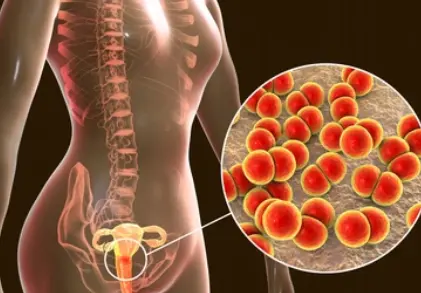 Welcome
Welcome
“May all be happy, may all be healed, may all be at peace and may no one ever suffer."
- A
- B
- C
- D
- E
- F
- G
- H
- I
- J
- K
- L
- M
- N
- O
- P
- Q
- R
- S
- T
- U
- V
- W
- X
- Y
- Z
Unipolar and bipolar depression - Generics
Depression is a mood disorder that affects millions of people worldwide. There are two main types of depression: unipolar depression and bipolar depression.
Unipolar depression, also known as major depressive disorder (MDD), is a mood disorder characterized by persistent feelings of sadness, hopelessness, and loss of interest in daily activities. People with unipolar depression may also experience physical symptoms such as changes in appetite, sleep disturbances, and fatigue. It is a common mental health condition that affects people of all ages and can significantly impact a person's quality of life.
Bipolar disorder, also known as manic depression, is a mood disorder that is characterized by episodes of both depression and mania. During manic episodes, individuals may experience increased energy, decreased need for sleep, impulsive behavior, and an elevated mood. During depressive episodes, individuals may experience feelings of sadness, hopelessness, and a loss of interest in daily activities, similar to those with unipolar depression. Bipolar disorder can also cause significant disruptions in a person's life and can be difficult to manage without proper treatment.
Both unipolar and bipolar depression can be treated with a combination of medication, therapy, and lifestyle changes. Antidepressant medications are commonly used to treat unipolar depression, while mood stabilizers and antipsychotic medications are used to treat bipolar disorder. Therapy can also be beneficial in helping individuals learn coping skills and strategies to manage their symptoms. Lifestyle changes such as regular exercise, healthy eating, and good sleep habits can also help improve mood and overall well-being.
It is important for individuals experiencing symptoms of depression to seek help from a healthcare professional. With proper treatment and support, people with depression can lead fulfilling and productive lives.

Panic disorder

Warts

Nutrition Hydration

Congenital ichthyosis

Dyslipidemia

Acute gonorrheal urethrit...

Metastatic melanoma

Opioid overdosage
Unipolar and bipolar depression, ইউনিপোলার এবং বাইপোলার ডিপ্রেশন
To be happy, beautiful, healthy, wealthy, hale and long-lived stay with DM3S.